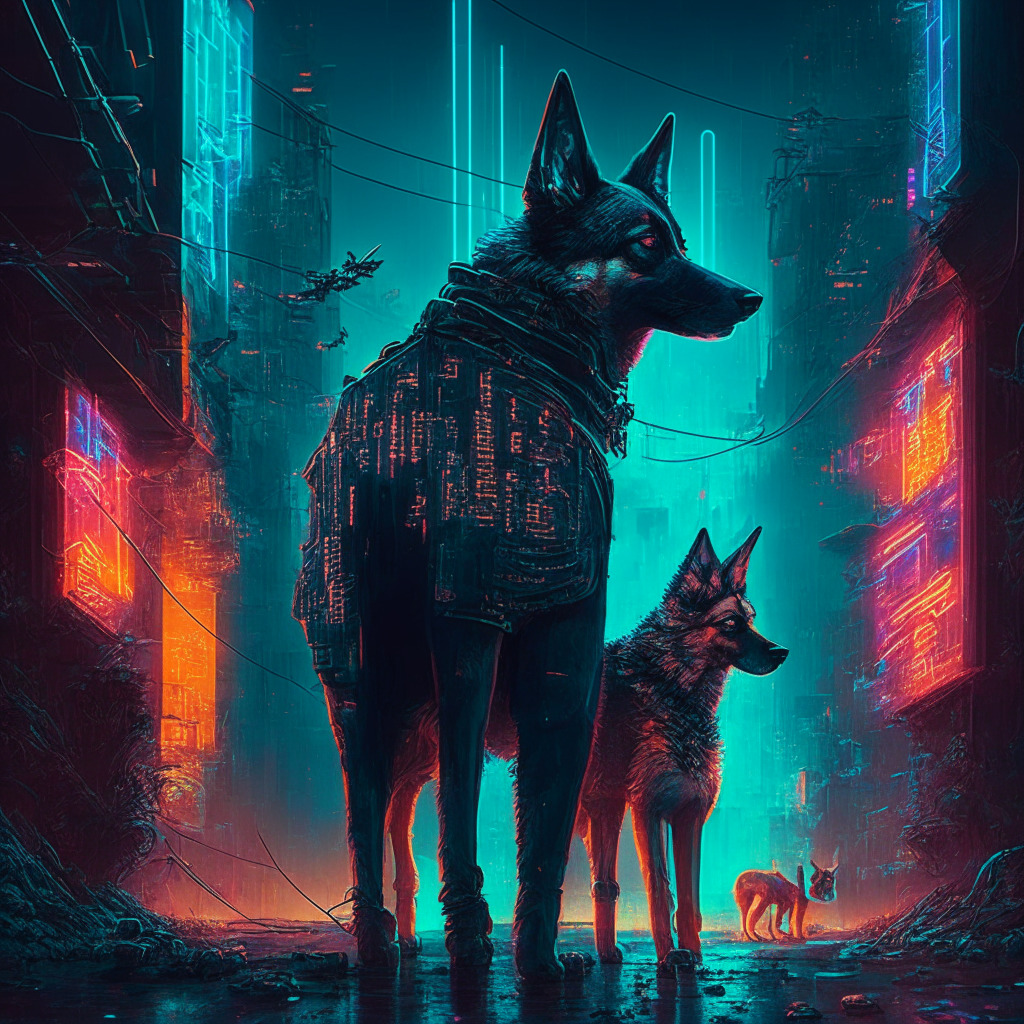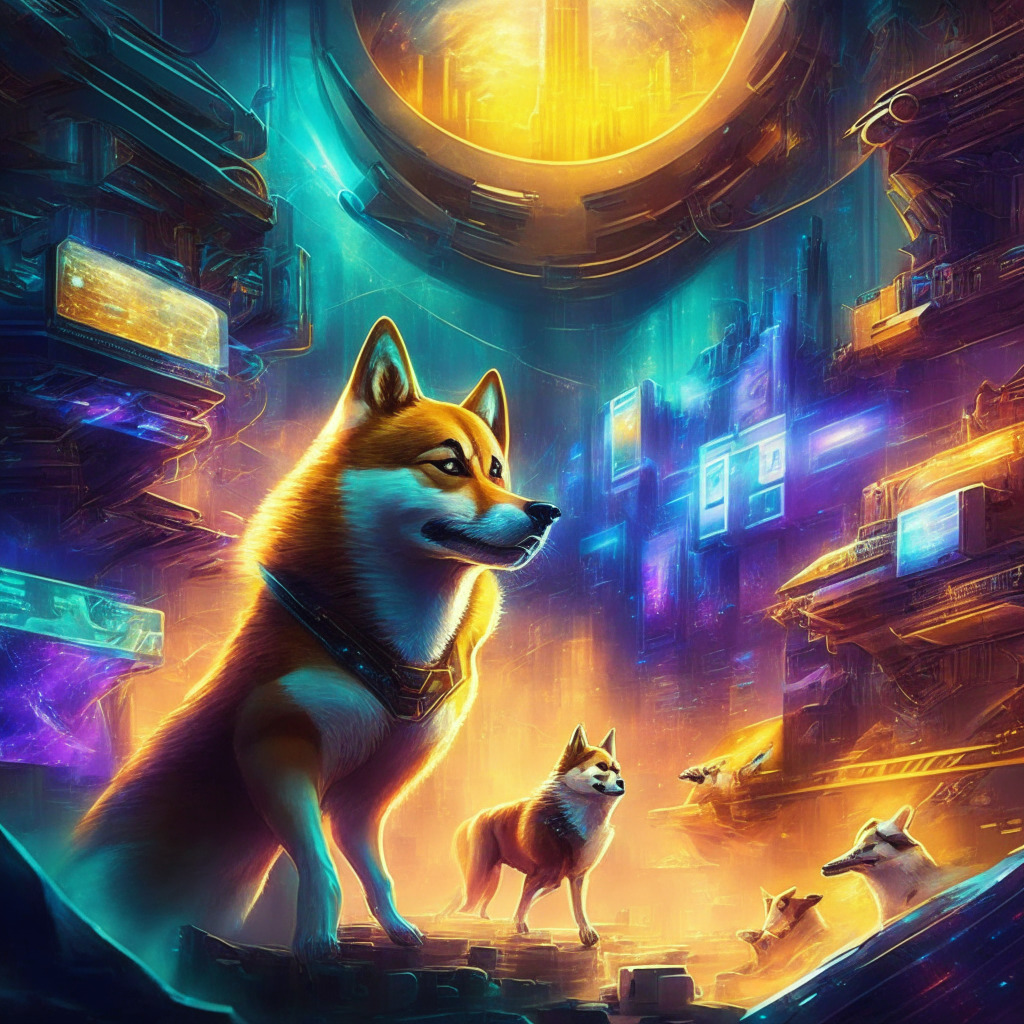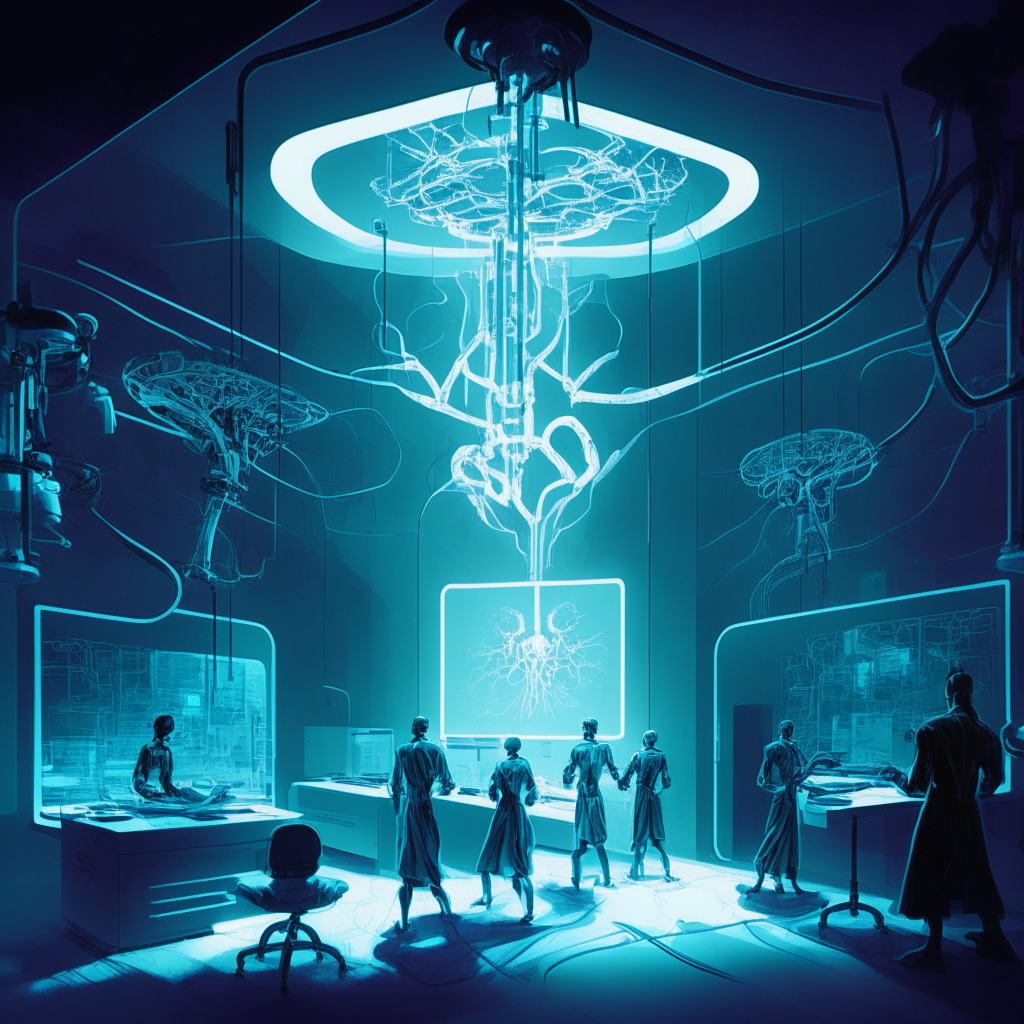The German Federal Intelligence Service (BND) recently initiated a unique campaign for the recruitment of crypto and Web3 experts through the launch of an NFT collection. Inspired by the popular NFT PFP collections like CryptoPunks, the BND chose German Shepherd dogs as the theme for their collection, which proved to be a popular choice among their Instagram followers. With all 987 available NFTs claimed by new owners within two weeks, the BND aimed to emphasize that they are an exciting employer in these emerging fields.
In order to attract potential recruits, the BND’s “blockchain challenge” required deciphering a string of characters associated with the Ethereum blockchain, where successful completion would allow participants to access one of the 999 exclusive dog-themed NFT profile pictures. Surprisingly, the challenge seemed relatively simple, with one participant commenting that it took no more than two minutes. With this creative approach, the BND successfully highlighted their presence in the blockchain and crypto sector.
The remaining 12 NFTs in the collection will be utilized for future challenges by the BND, potentially in a smart contract hacking challenge. This unique recruitment campaign draws inspiration from the history of unconventional methods employed by intelligence agencies worldwide. For instance, during WWII, British Intelligence monitored a Daily Telegraph crossword competition, using it to identify potential code-breakers for their renowned Bletchley Park facility.
Similarly, in 2009, the UK’s GCHQ intelligence agency targeted gamers through digital posters embedded within online games and video content on the Xbox Live network. Additionally, in 2017, they launched the CyberFirst Girls competition aimed at addressing the gender imbalance in the cyber security workforce.
While the BND’s initiative generated interest in their agency as an employer, questions may arise regarding the effectiveness of the recruitment campaign. Was the “blockchain challenge” truly thorough enough to identify potential crypto and Web3 talents, considering the ease with which participants completed it?
Nevertheless, the use of NFTs and blockchain technology for recruitment purposes reflects an evolving approach towards hiring practices in the intelligence sector. It highlights the importance of staying up-to-date with cutting-edge technologies and leveraging them to attract young talents. As a result, agencies like the BND can continue evolving and securing their presence in the blockchain and crypto space.
Source: Decrypt




